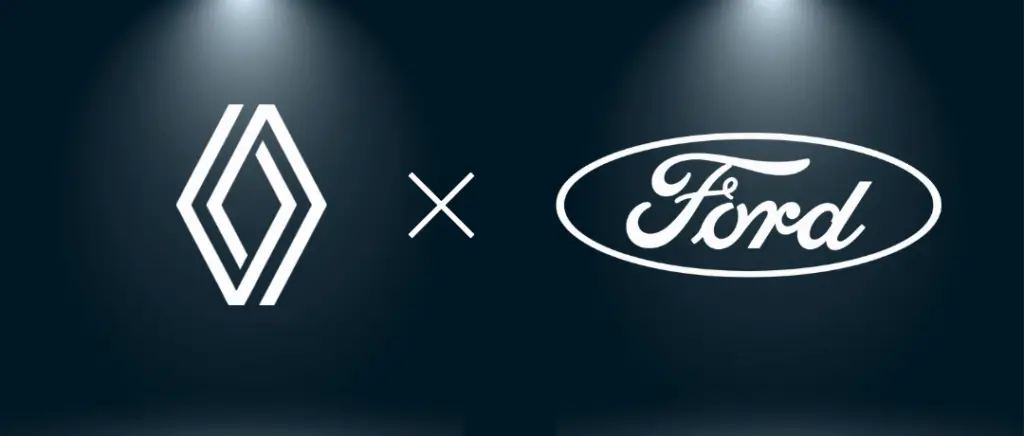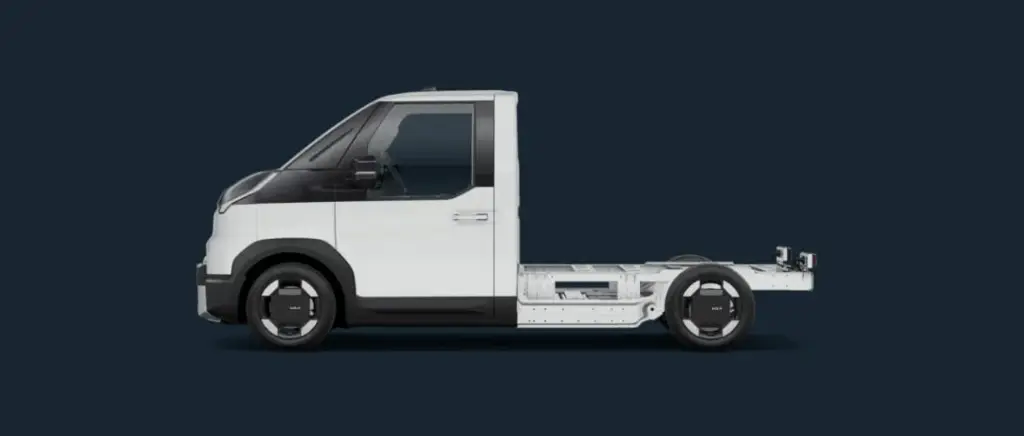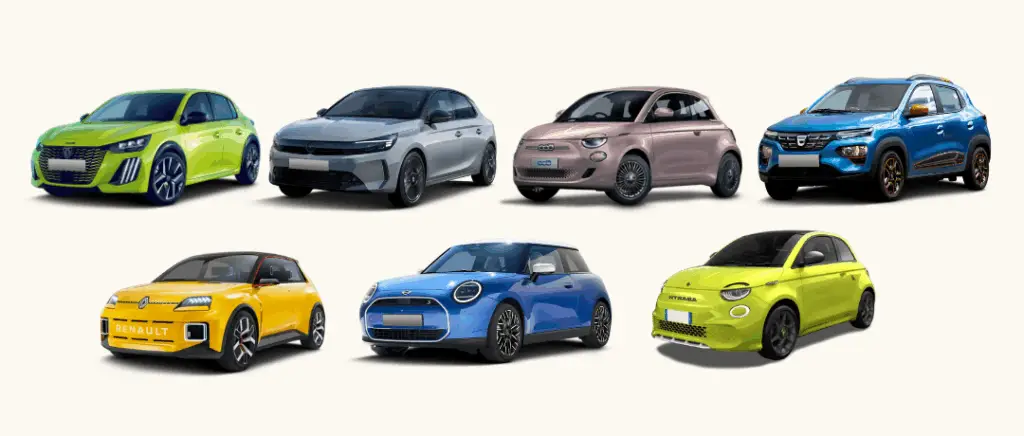What is the purpose of a charging cable?
First of all, let's start at the beginning. As you can imagine, a charging cable is used to recharge your car! But there are several advantages. Firstly, having your own charging cable means you can be sure of always having a charging cable that's compatible with your car.
There are even recharging cables that are compatible with all (or the vast majority of) installed recharging points, for example the Powerlink charging cable.
Find out more : choosing the right recharging point installer
Having your own cable gives you the freedom to recharge and travel around the world, and also means you can recharge your electric car faster, depending on the power supported by the cable.
For example, manufacturers often supply recharging cables that can be plugged into a standard electrical socket, but recharging is very, very slow.
Install your charging point and have your own charging cable might be more practical. Similarly, if you want to charge your electric vehicle at a public charging point, it's simpler and safer to have your own charging cable, to make sure it's compatible with your vehicle and has good charging power.
Find out more : guide to installing a charging point in a condominium
What are the different types of charging cable?
First of all, it's important to know that, depending on the country you're in, there are different standards for charging cables of electric cars, which explains why there are several types.
Let's start with France. The good news is that regulations and standards are the same throughout the European Union, so whether you're in France, Germany or Italy, you'll be guaranteed to find charging points that are compatible with your vehicle - how convenient is that?
In Europe, the two types of charging cable are Type 2 and Type 3. CCS Combo. A closer look at these two types of charging cables.
Charging cable and Type 2 plug
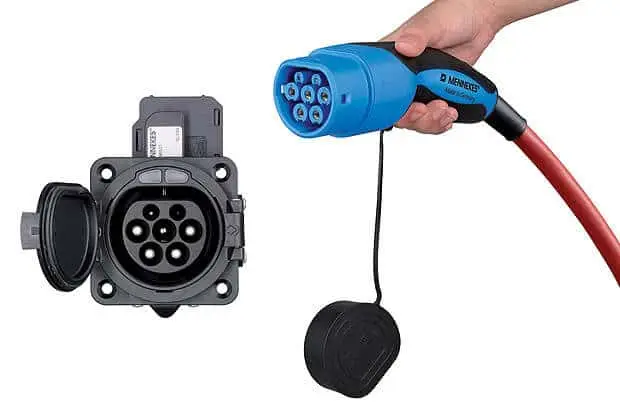
This is now the European standard. The socket type 2 enables recharging in alternating current (AC) is now very widespread in Europe, so it can be found on most public and private charging points, as well as on most of the latest vehicles!
In short, it's THE essential charging cable for recharging your car.
The advantage of this type 2 charging cable is that, in theory, it can recharge at up to 43kW, or even 120kW at Tesla!
However, most refills in type 2 are at 7kW or 22kW because of the charging points and on-board chargers with the vehicles.
Charging cable and CCS Combo socket
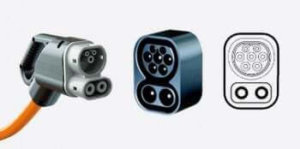
The Combo CCS socket was launched in 2016, operating on direct current and dedicated to fast charging. This type of socket was then designated as the European standard with the Type 2 socket, and has therefore begun to erase its main rival, the CHAdeMO. Combo CCS plugs are now available on the vast majority of vehicles, charging points and charging cables.
Charging cable and Type 1 plug
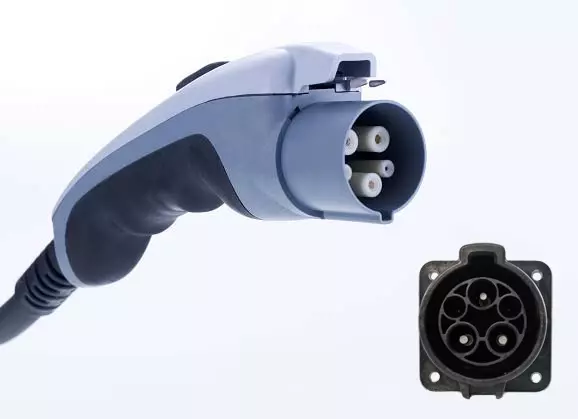
If you're familiar with it, you're an old hand at electrics! Still very popular in Japan and the United States, the Type 1 plug has almost completely disappeared in Europe, where it is no longer used. It was used on the first electric cars to come onto the market: the Peugeot iOn, the Citroën C-Zero, the Mitsubishi iMiev and the first generation Nissan Leaf! Since then, the arrival of the Type 2 plug has contributed to the extinction of the Type 1 plug in Europe. So there's no need to buy a charging cable for this type of plug!
Charging cable and type 3 plug
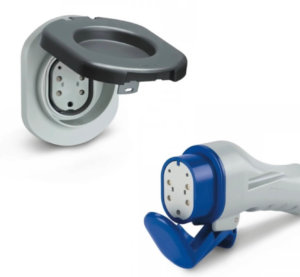
As with the Type 1 plug, the Type 3 plug is even older and was used on the very first electric cars. Since then, it has been in the running to become the European standard, before being beaten by the Type 2! It can still be found on some public charging points in France and on some recharging cables, but its end is very near!
Charging cable and CHAdeMO plug
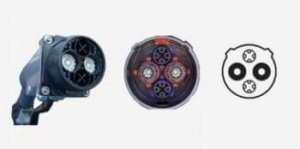
For a number of years, the CHAdeMO plug was the leading international standard for DC fast charging. Launched at the initiative of Asian manufacturers, the CHAdeMO plug is now lagging behind the Combo CCS plug, since it has become the standard on the European market for charging cables and charging points!
Which charging cable should I choose for my electric car?
To choose the right charging cable, there are several parameters to consider:
- Your car model (type of socket + charging power)
- The type of socket and the charging capacity of your charging point
- The position of your vehicle in relation to the terminal (optional)
Now that we know what we need to bear in mind when choosing the perfect charging cable, let's take a look at all these points!
Choosing your charging cable according to your car model
In this section, we will take into account the type of socket accepted by the vehicle, as well as its charging power.
Finding out this information couldn't be easier. If you buy your charging cable and/or vehicle via Beev, ask the expert in charge of your case to advise you. If this is not the case, you should visit your manufacturer's website to find out the maximum charging power accepted by your vehicle and the types of socket it has. Be careful, as the maximum recharging power for the same model may vary between two finishes or because of options.
Please note, however, that what we're talking about here is AC charging, i.e. charging from home, or from the charging points available at your place of work.
As for direct current charging, this involves 50 kW or 100 kW fast-charging stations, so you won't need to use a battery. charging cable because these terminals have one.
Take a Renault Zoé, for example. It can recharge on alternating current of up to 22kW, which means you can buy a charging cable with a power rating of 22kW, and then recharge it from a charging point with the same power rating. You'll charge your Renault Zoé to 22kW.
Another example, again with a Renault Zoé and a cable that supports recharging up to 22kW, but with a 7kW recharging point. You'll charge your Zoé at 7kW.
It also works the other way round, if your charging cable accepts a maximum charging power of 7kW and you plug it into a 22kW charging point, your Zoé will charge at a power of 7kW.
Choosing your charging cable according to the type of socket and the power of your charging point
Here, the principle is the same: you need to find out for yourself how to install your bollard, using the instructions and the installation principle, to find out its power and the type of socket it has. If you have used Beev or are using Beev to install your bollard, simply ask the expert in charge of your project for advice.
Depending on your needs, you'll choose a more or less powerful charging cable. However, we recommend that you buy a charging cable that matches the maximum power of your charging point.
For example, if your charging point is rated at 22kW and your vehicle can charge at 22kW, buy a charging cable that accepts 22kW charges so that you can charge your vehicle as quickly as possible.
Find out more : how much recharging power do you need for your electric car?
Choose your charging cable according to the layout of your charging point and your vehicle
It's something you don't often think about, because it's optional, but depending on the layout of your car and the location of the charging point, the length of the charging cable can change.
So, depending on how you fit your vehicle into your garage, or where the charging point is positioned on your vehicle, you'll need a cable of varying lengths!
Find out more : How can I optimise the charging of my electric car at home?
The charging cable we recommend
As you can see, choosing your own charging cable is pretty complicated. So we wanted to keep things simple, and there's just one parameter to take into account: do you have a car that was registered in 2017 or later? Yes ? Then this type 2 charging cable is compatible with your car!
The Powerlink can be used to charge all cars registered since 2017 and can be connected to all standard charging points! And presto!
Supporting recharges of up to 22kW, it doesn't matter how powerful the charging point is, you'll be able to recharge there. What's more, its 5m length is the perfect size to fit most layouts!
Last but not least, its price - €210 - makes it one of the cheapest on the market!
To find out more, take a look at some information on this 5m charging cable.
Conclusion
As promised, you now know everything there is to know about choosing the best charging cable for you! Wattage, length, type of plug, it's all there for you now.
If you wish, Beev can also help you install your charging point, so you can take advantage of Beev's expertise to tackle your project with peace of mind!
To find out more about charging cables and charging points, here is some content we recommend you read:






























